ZoomInfo, Data Privacy, and You
Zoominfo
NOVEMBER 17, 2020
Read: Guide to GDPR and FAQs CCPA – Based in California, CCPA states how businesses can use personal information while individuals have their privacy. Read: Beginners Guide to CCPA CPRA – California has also recently passed the California Privacy Rights Act (CPRA), which expands on business regulations outlined in CCPA.


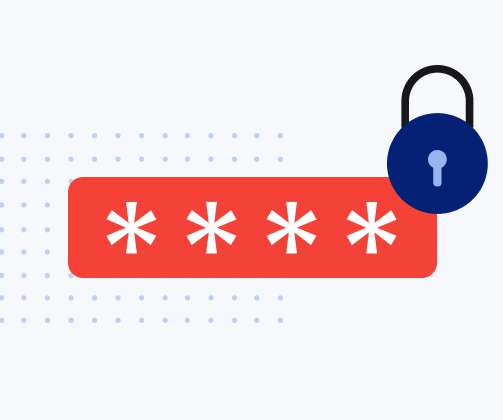
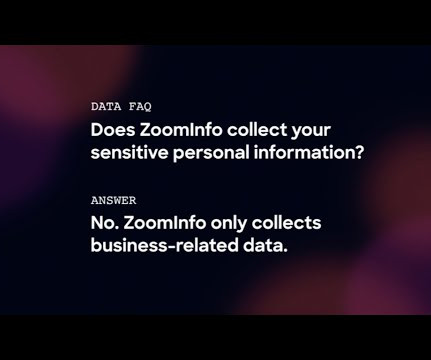
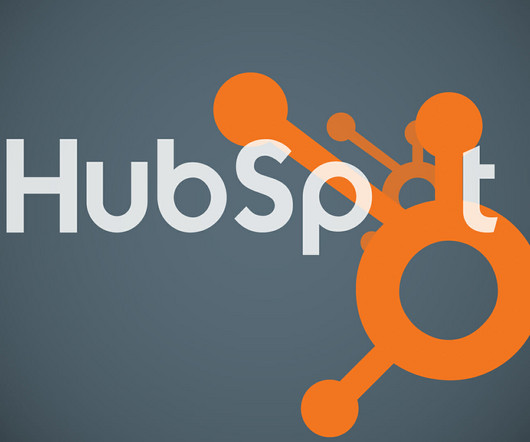

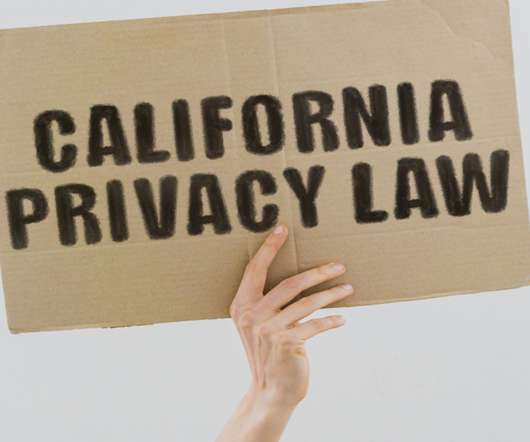

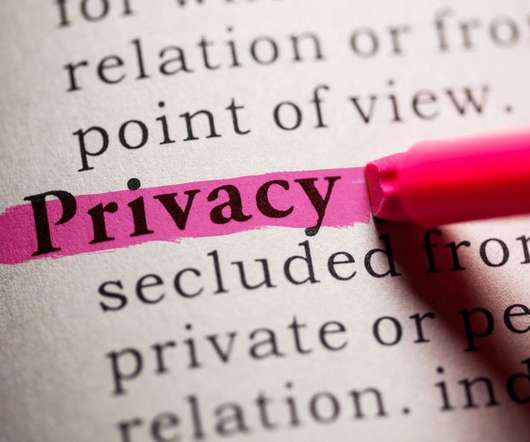
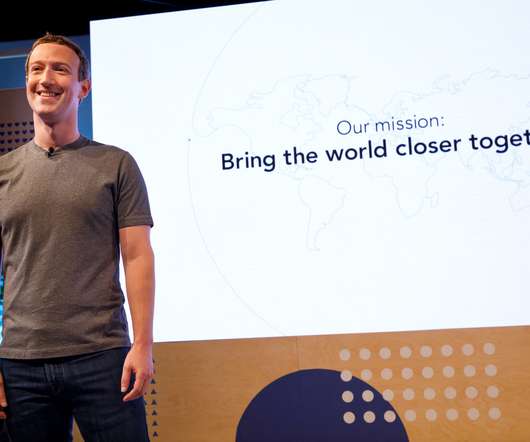


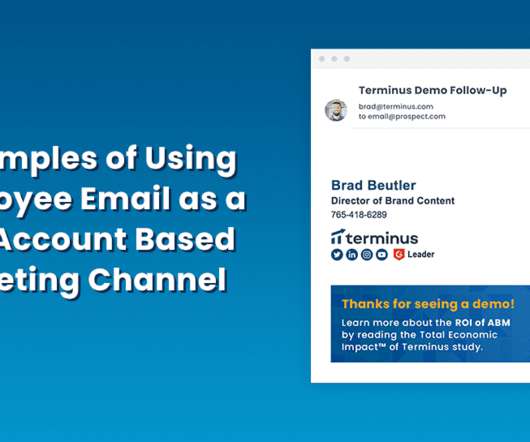
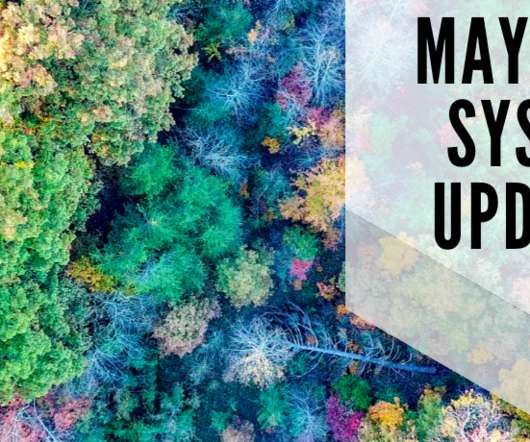

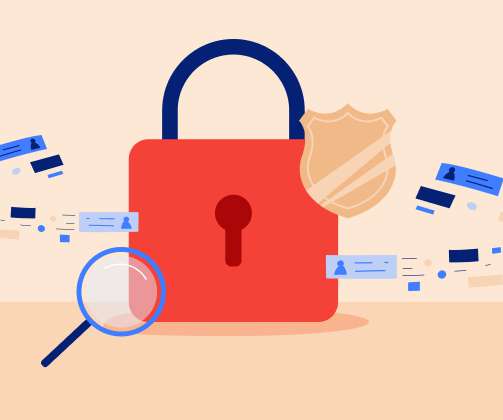









Let's personalize your content